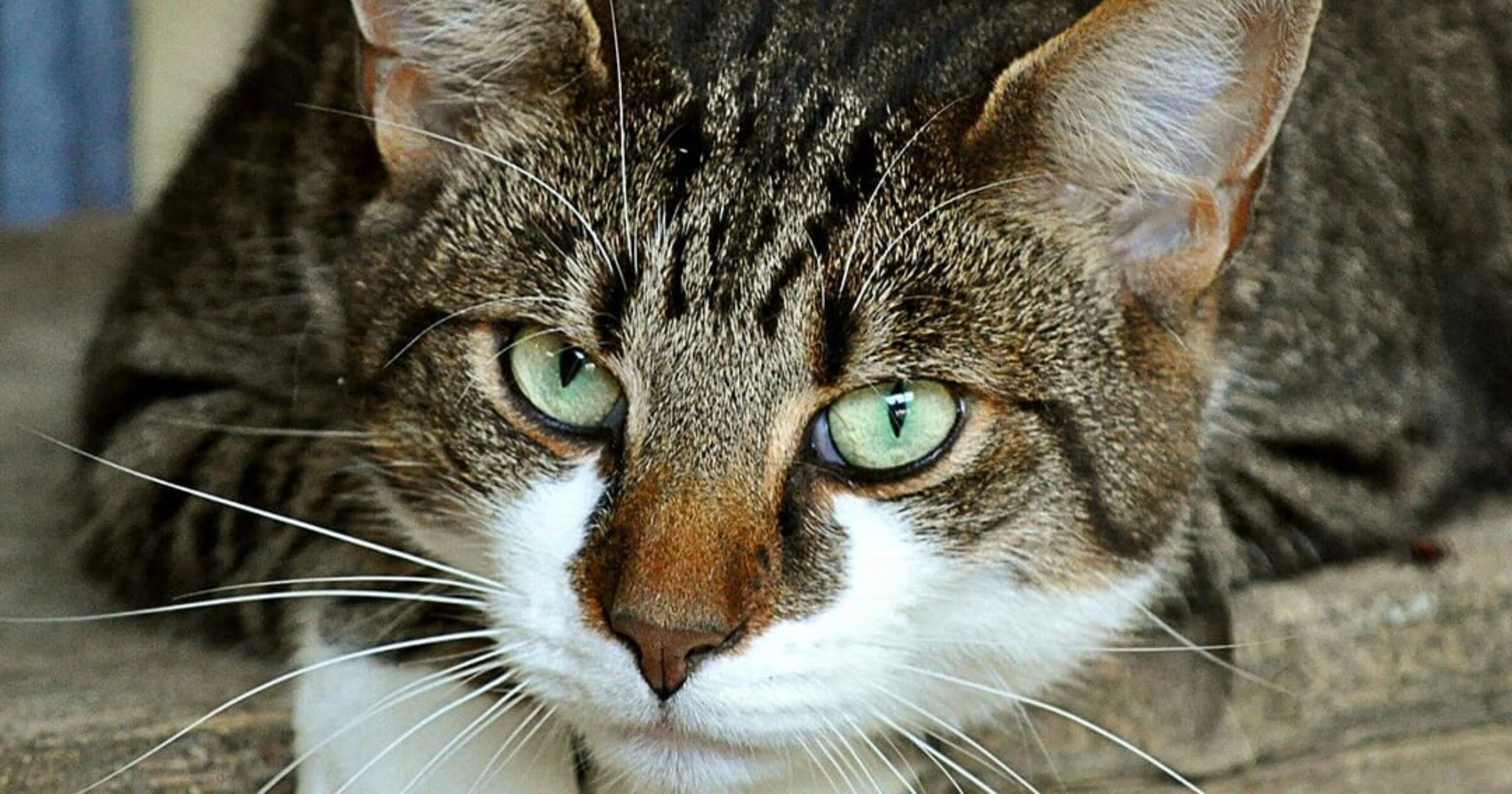
What is FIV?
Feline Immunodeficiency Virus is one of the most common infectious diseases in cats. It attacks the cat’s immune system, and leaves it vulnerable to illnesses that are contracted via relatively harmless bacteria, fungi or viruses that exist in the environment. Currently there is no cure for FIV, but an FIV positive (FIV+) cat can live symptom-free with the disease. In North America, 2.5%-5% of healthy cats are infected with FIV.
How does my cat contract FIV?
FIV is mostly transmitted through a bite from another infected cat. This is most common with unsterilized cats living outdoors who are more likely to be aggressive toward other cats. The incidence is much less likely with cats living together inside in a stable environment where aggression is not an issue. Sharing food bowls or grooming each other is not a cause for risk of transmission.
How do I know if my cat has FIV?
Because cats can live with FIV symptom free, it’s important to have your veterinarian see your cat any time something seems different from the norm. A simple ELISA blood test (also referred to as SNAP test) will usually determine FIV+ status in a cat by showing a presence of virus antibodies the cat’s body is producing as a result of being infected.
How do I treat my cat who is FIV+?
There is currently no cure, nor is there a vaccine to prevent, FIV in cats. If your cat has been diagnosed as FIV+, a good healthy diet, regular veterinary checkups (every 6 months is recommended) and annual bloodwork are key to keeping your cat healthy. If you do notice any signs of illness, prompt evaluation and treatment is necessary to prevent secondary infections from progressing.
Aside from a bit of extra vigilance to ensure your FIV+ cat stays healthy, there is no reason why he cannot cohabitate with your other cats, as well as live a long healthy life.
This article is based on information published on the Cornell University, College of Veterinary Medicine, Feline Health Center website.